A Bloody Milestone: Mortal Kombat 1 Becomes the Best-Selling Fighter of Its Generation, Despite Ending Content Support
Popular Now
 Warframe
Warframe
 Black Myth: Wukong
Black Myth: Wukong
 Call of Duty
Call of Duty
 EA SPORT FC 25
EA SPORT FC 25
 Sonic the Hedgehog™ Classic
Sonic the Hedgehog™ Classic
 Minecraft
Minecraft
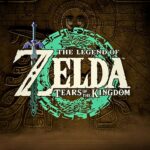 The Legend of Zelda
The Legend of Zelda
 Brawl Stars
Brawl Stars
 Candy Crush Saga
Candy Crush Saga
 Poppy Playtime
Poppy Playtime 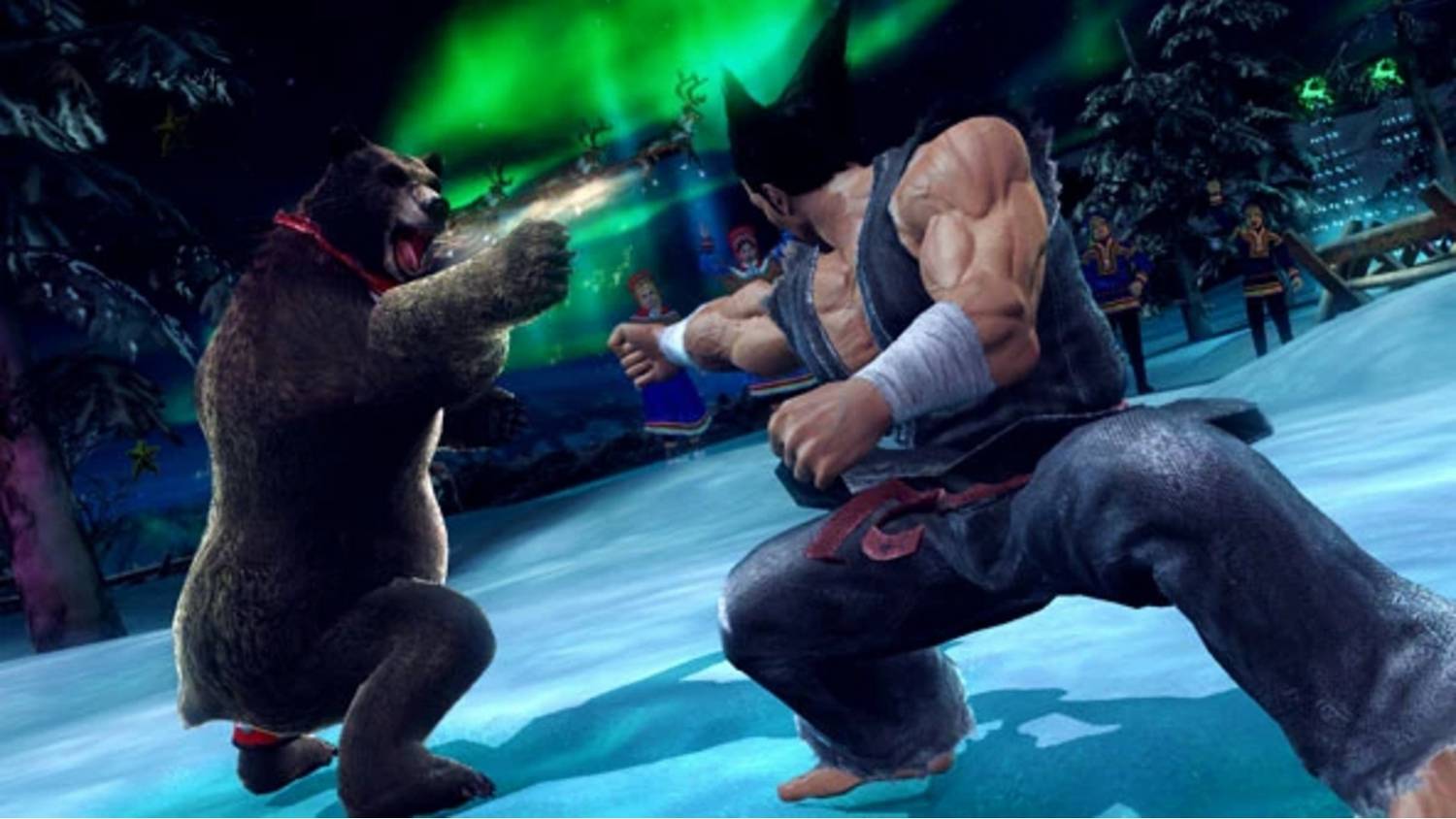
In a move that has simultaneously celebrated the franchise’s success and sparked a new round of debate within the fighting game community, NetherRealm Studios has confirmed that Mortal Kombat 1 has become the best-selling fighting game of its generation. The game, which was released in September 2023, has sold over 6.2 million copies, a remarkable achievement that puts it ahead of major competitors like Street Fighter 6 and Tekken 8. However, this impressive sales milestone comes with a significant asterisk: NetherRealm has officially ended major content support for the title, just 20 months after its release, to focus on their “next project.”
 Sales Success and the “NetherRealm Cycle”
Sales Success and the “NetherRealm Cycle”
The sales figures for Mortal Kombat 1 are a testament to the enduring power and appeal of the franchise. According to a statement from series co-creator Ed Boon, the game’s sales have continued to climb, cementing its status as a commercial juggernaut. This success is particularly notable in a highly competitive market, where the past two years have seen a number of major fighting game releases. However, the game’s commercial success is juxtaposed with the studio’s long-standing development cycle, which has once again come to an abrupt end. The “NetherRealm cycle,” as it has been dubbed by the community, refers to the studio’s pattern of releasing a new fighting game every two years and then moving on to their next project, usually a new Injustice or Mortal Kombat title, with minimal long-term support. While previous games like Mortal Kombat 11 and Injustice 2 received similar content cut-offs, there was a hope among fans that Mortal Kombat 1 would be different, with Boon himself suggesting it would receive “years of content.”
In a public statement, NetherRealm Studios addressed the community’s frustration head-on. “We are hearing players’ requests for continued game support of Mortal Kombat 1, and, while we will continue to support Mortal Kombat 1 through balance adjustments and fixes, there will not be additional DLC characters or story chapters released from this point on.” The statement went on to say that the decision was made so the team could “shift focus to the next project in order to make it as great as we possibly can.”
 Commitment to Balance, Not Content
Commitment to Balance, Not Content
Despite the end of major content, NetherRealm has assured fans that they are not abandoning the game entirely. The developer has stated that they are “still committed to refining MK1 to be our most balanced game.” This has been evidenced by a series of ongoing balance patches and hotfixes. The most recent updates have focused on a wide range of changes, from adjusting the properties of key moves for main characters like Ashrah and Liu Kang to tweaking the hitboxes and frame data for Kameo fighters. This commitment to competitive balance is a silver lining for a fanbase that is frustrated with the game’s overall lifecycle. It shows that even without new characters to drive sales, the developers are still dedicated to ensuring the game is a fair and enjoyable experience for its core competitive audience. The paradox of the situation is clear: the game’s commercial success is proof of its broad appeal, but the lack of long-term content alienates the dedicated, competitive players who are the lifeblood of the genre.
Conclusion: A Triumph and a Tragedy
Mortal Kombat 1’s story is a fascinating one, a mix of triumph and tragedy. On one hand, it has sold incredibly well, proving that the franchise’s mass-market appeal is as strong as ever. The game’s new timeline and a robust roster of classic and guest characters have clearly resonated with a huge number of players. On the other hand, the abrupt end to its major content support is a disappointment for those who wanted to see the game evolve and grow over a longer period. The decision to move on to the next project, while financially understandable, perpetuates a cycle that many in the fighting game community find frustrating. However, the promise of a truly balanced and refined game is a welcome one. It suggests that even if the game’s lifespan is shorter than many would like, its competitive legacy will be a strong one. For now, fans can take solace in the fact that they are playing the best-selling fighter of the generation, even if they know that the end of its content road has already been reached.

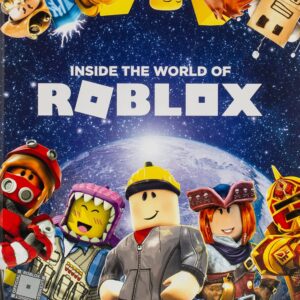




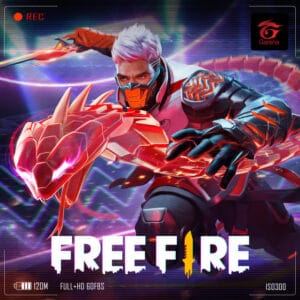

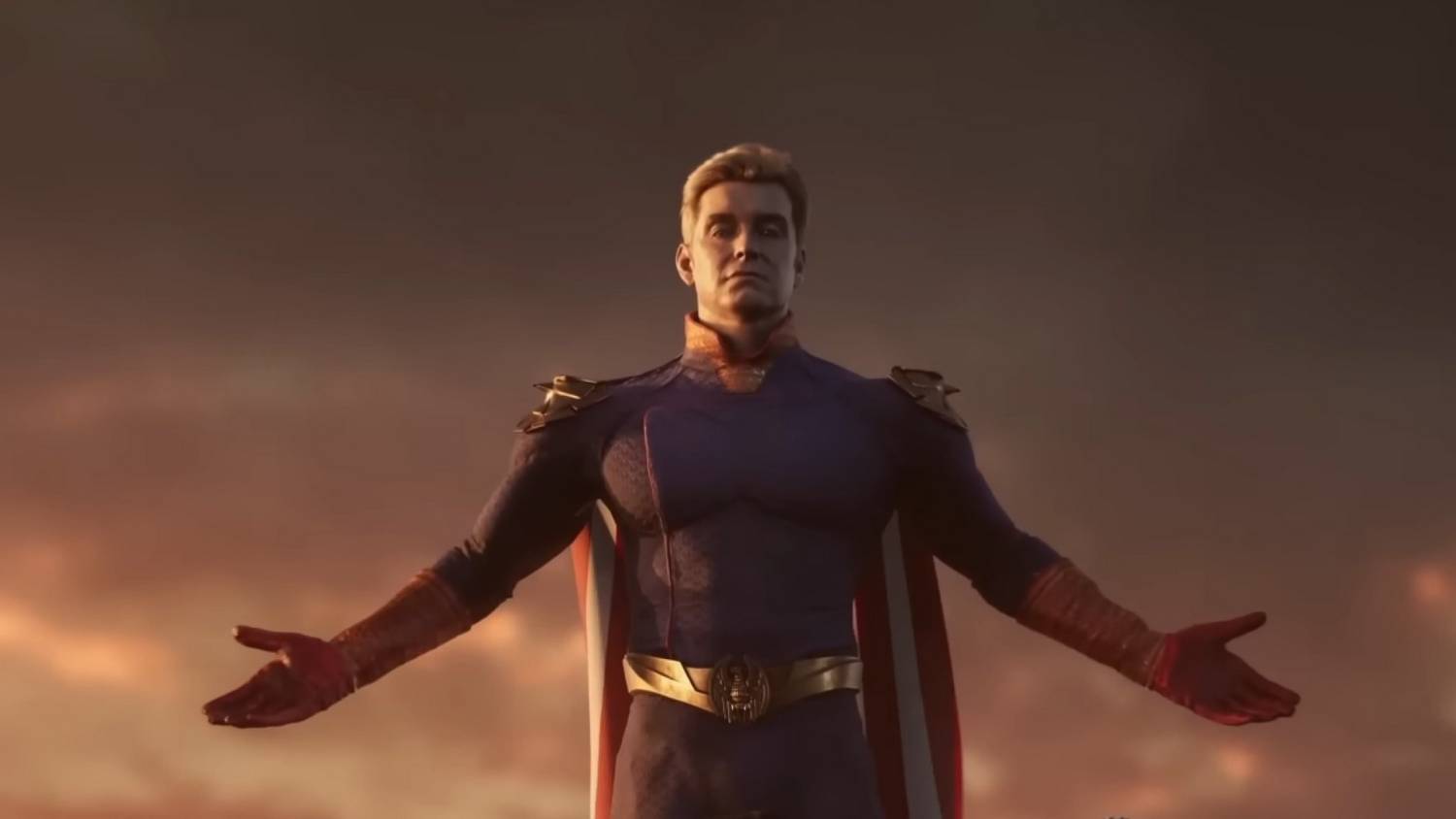 Sales Success and the “NetherRealm Cycle”
Sales Success and the “NetherRealm Cycle”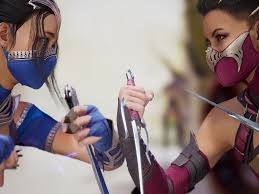 Commitment to Balance, Not Content
Commitment to Balance, Not Content